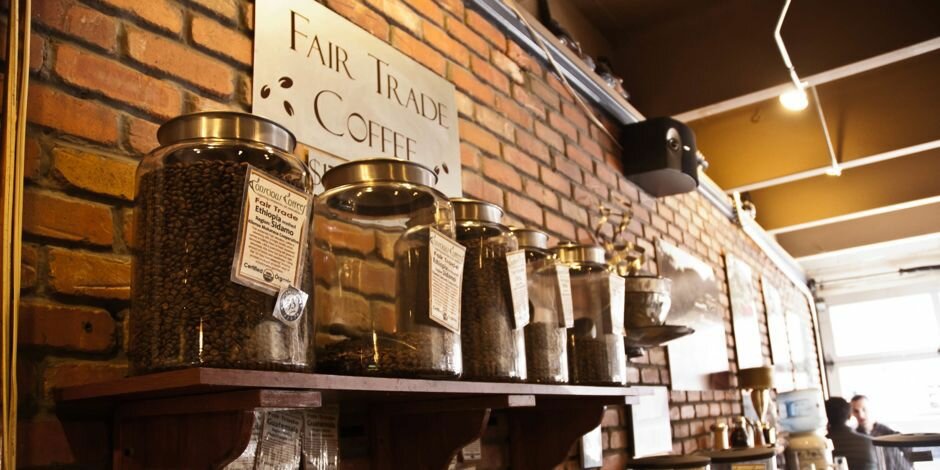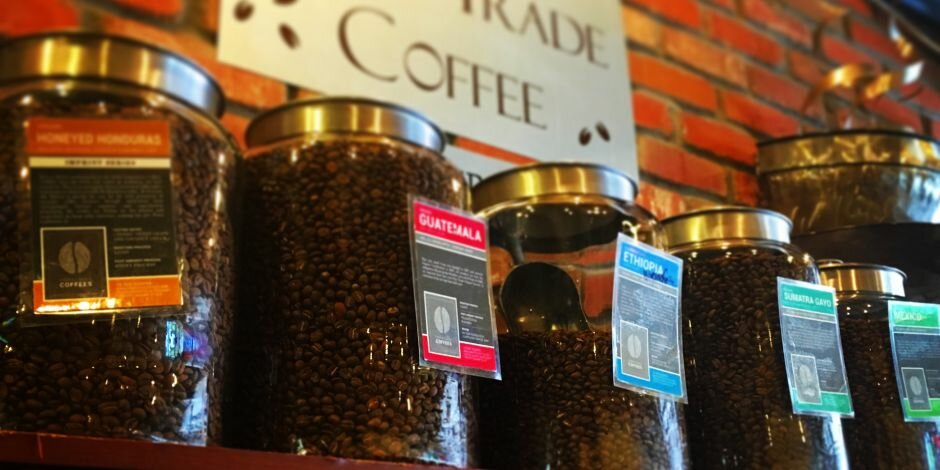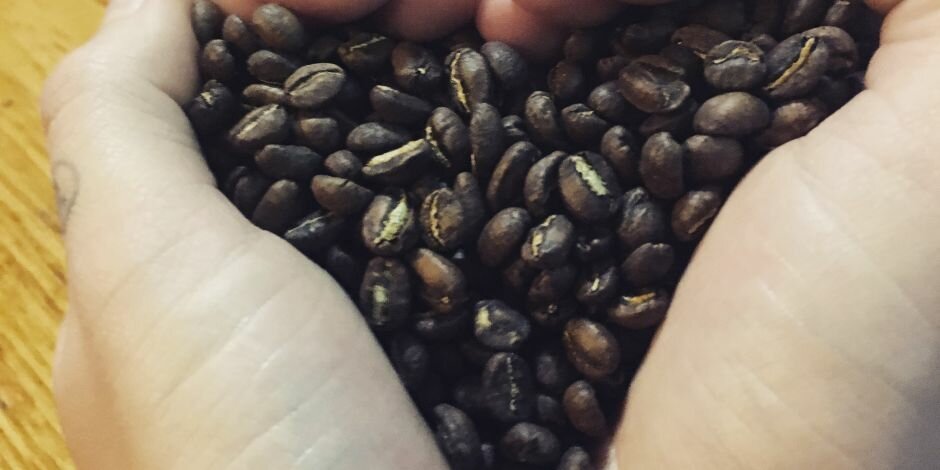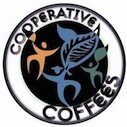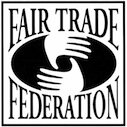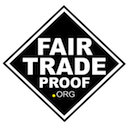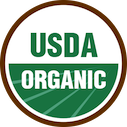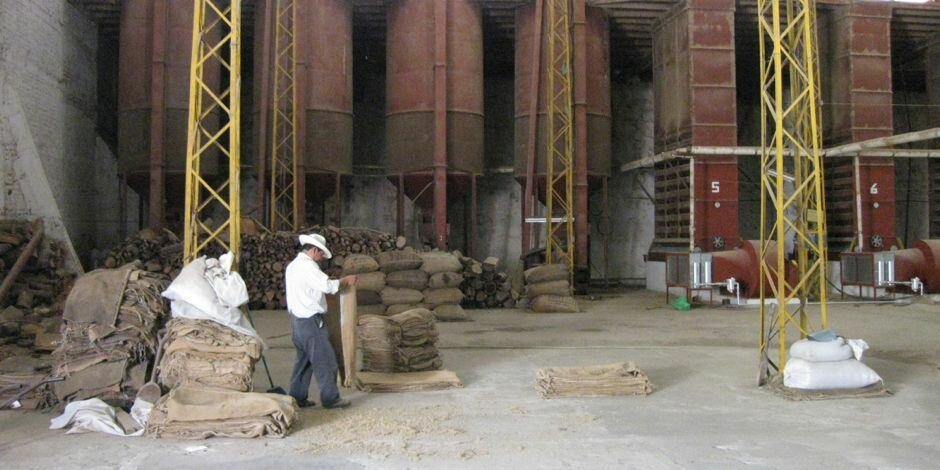Region: Pumiri Plush Typica shrubs are grown on the rugged slopes of the Southern Andes Mountains, in a humid, sub-tropic forest dominated by precious Mahogany trees. The majority of the local family farmers cooperate in this project, producing one of the highest quality Bolivian coffees available. This cup is very rich with nutty aroma, notes of lemon peel, cinnamon and carob.
Buy in Bulk
Region: Matagalpa, Jinotega PROCOCER Cooperative The coffee has a slightly sweet herbal note to the aroma along with a hint of nuttiness along side the cocoa flavor. Acidity is light-medium, increasing the overall sweetness of the cup while the body carries well into the finish.
Buy in Bulk
Region: Mount Elgon Primary Coop: Bakalasi Grown in the rich, volcanic soils of Mount Elgon, this Uganda AA has a stone fruit-like acidity and deep body. The roast profile brings out the sweet almond and mild chocolate flavors in the coffee as well as the lengthy finish.
Buy in Bulk
We send coffee from Mexico during the Central American season and coffee from Peru during its subsequent season directly to the Mountain Water Decaffeination plant in Vera Cruz Mexico. Here they use pure, warm water and carbon filtration to gently remove 97.5% of the bean's caffeine. Blended with a base of Sumatra coffee from the same process, the brew is rich, comforting, and very versatile.
Buy in Bulk
Complex and invigorating, this quintet of globally exclusive, socially rewarding, environmentally encompassed coffees supports the rooted meaning of espresso. Created through years of improvisation, trial, error, and sleepless nights, this espresso is textured in layers of fresh tonal woods, dark chocolates, super-ripe black berries, African rhythms, Indian smoking herbs, Pacific Island sunsets, and Latin colors. If infused via ristretto, the acidity will temporarily sparkle and the fruit identity within it will become syrupy.
Buy in Bulk
This traditional, natural processed coffee has a medium, fruity acidity followed by a rush of mixed berry flavors. The body is medium with a hint of earthiness and the floral tones in the nose are complex and lasting.
Buy in Bulk
Region: Usulutan 64 members comprise this coop which was formed following the Peace accords of 1992. They own and operate their own dry processing plant, eco-friendly coffee de-pulpers, and a centralized compost project. The coffee is grown at a lower altitude and produces a succulent cup with soft acidity with mild flavors that touch on green apple and caramel.
Buy in Bulk
With superb growing conditions and meticulous processing, sorting, and grading, this cooperative produces one of the best hard bean organics Peru has to offer. The cup is very smooth with caramel-like sweetness and good body. At the peak of the season, the acidity which is generally light to medium, takes on a dark plum-like flavor with added sweetness from the start. It's at this point we tend to saturate our palates with this coffee because it's such a complete cup filled with juiciness and character.
Buy in Bulk
Region: Chiapas Because of its balance and mildness, tis coffee has become one of the favorites! The acidity is lower and soft with just a hint of lemon verbena nuance. The body is mild and gentle and the finish is pleasant and sweet. It's the perfect french press selection, and a must for those who are transitioning into drinking coffee without adding milk.
Buy in Bulk
Region: Ocotepeque This remarkable, 100 member cooperative located near the El Salvador border is a new relationship for Conscious Coffees. The members each maintain medium-sized farms and continue to improve their coffee processing and cup quality standards. The cup has balanced acidity, ripe fruit tones, and caramel sweetness.
Buy in Bulk
Region: Huehuetenango Right from the start this coffee is vibrant with bright, flavorful acidity and dried citrus undertones. The layered fruit up front is complex and invigorating and the cocoa tones throughout seem to pull the fruit notes in many directions, including the finish which preserves just the right amount of fruit and dark chocolate. This coffee brews up wonderfully in all but espresso methods and is intended to be enjoyed without the addition of milk or cream. As the cup cools, notice the elevated fruit notes within the hightened acidity.
Buy in Bulk
Region: Cauca Department (State) This strictly high elevation coffee is grown amidst a variety of food crops by the indigenous Nasa people in the mountains of Western Colombia. Exceptional in flavor, this excelso grade coffee is sweet throughout with soft, citrus acidity, cherry reduction flavors, and dark chocolate undertones. The finish is clean and very strong with a bit of the fruit still present. Roasted to a solid medium roast profile, this mellows the acidity, maintains the cherry fruit nuances, and increases the body and finish.
Buy in Bulk
Region: Yirgacheffe Unlike the un-washed Sidamo varieties from Ethiopia, these beans are washed - meaning, they are hand picked, pulped, promptly fermented, rinsed ("washed"), and then sun-dried. The cup starts with a rounded Meyer lemon-like acidity and moves into a bergamot (Earl Grey) flavor. Sweet, medium body and fruit flavors come together into a buttery finish with floral undertones. This coffee is one of our favorites!
Buy in Bulk
This extremely high elevation-grown coffee is refreshing with a semi-bright acidity which carries a trailing flavor of freshly squeezed lemonade. As the cup cools, peach and lemon myrtle notes hover in the nose. The acidity is a bit brighter than the washed Yirgacheffe and the body is slightly lighter. Compared to the unwashed Sidamo, this is more lively with fresh citrus flavors while the unwashed resembles dried fruits and berries. Although this coffee is the perfect choice for French Press, using the "24 hour cold brew" process produces an exotic elixir of unfathomable goodness.
Buy in Bulk
Region: Aceh This Typica coffee, one of the older traditional varieties, is processed in a method somewhere between washed and unwashed, which contributes greatly to the coffee’s unique character. Similar to the best, matured Cabernet Sauvignon, this renowned Indonesian bean has a body that floods the palate. The cup is bold and can be syrupy and Earthy with peppercorn-like aromas and semi-sweet musty flavors throughout. This is a classic for home drip brewers as well as a supreme base for espresso blends. This is one of our darker roasted varieties which holds up well with the addition of milk, maintaining its foundation and flavor.
Buy in Bulk
